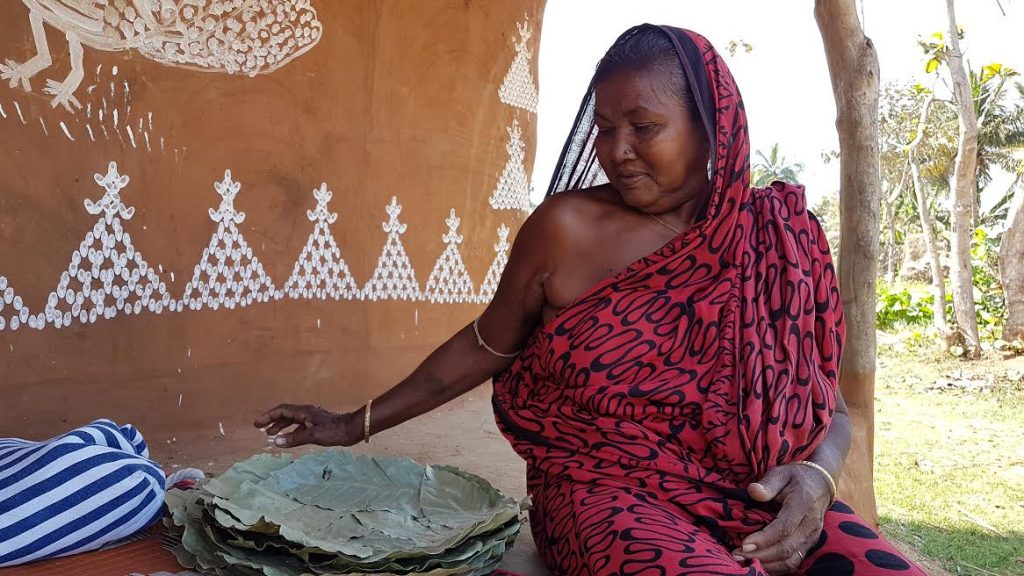Nayagarh: It’s been more than a decade since the Forest Rights Act, 2006 was passed recognizing the rights of tribals and forest dwellers on non-timber forest produce but the beneficiaries are still waiting to get their entitlements.
While the tribal ministry announced Minimum Support Price (MSP) for 23 minor forest produce like Tamarind, Sal Leaves, Mahua, Wild Honey, Chironji pods and others in 2013, it added 17 new items under its MSP ambit in December 2018 and also revised the existing MSPs for these produce but a large section of the tribal community in Odisha are yet to get benefit from the Centre’s MSP announcements.
Lack of awareness of these rights in the forest area, lethargy of the state authorities to procure the recognized forest area produce at MSP, delay in sanctioning the Community Forest Rights after the intervention of the Gram Sabhas are some of the prime reasons of deprivation of rights of the tribals.
This correspondent visited the Dengajhari village under the Ranpur Block of Nayagarh district to know more about this issue. The village, mostly comprising of Kandh tribals who are into collecting Sal leaves, Mahua seeds, Tamarind and Kendu leaves, are unhappy with the government for not helping them with the MSP scheme. According to them, only Mahua seeds were procured by the state government. That has also stopped now. Thus the tribals are left at the mercy of the local traders.
“The villagers, including women, are into collecting and disposing minor forest produce. They mostly rely on disposing of the produce to the local traders who always have the upper hand as the government hardly procures the produce at MSP. Earlier Mahua seeds were atleast procured. But even that has stopped now,” 65-year-old Buli Padan who makes Sal leaf plates told Orissa POST.
The villagers claimed that due to the state government’s reluctance to procure Mahua seeds from them, their toil went in vain and they were forced to destroy the forest produce. On the other side, other minor produce like Sal leaves, tamarind and others are often procured by the local traders at low rates.
Although it has been more than a decade since the Forest Rights Act was passed, a large number of villagers are yet to get the Community Forest Right titles from the District Level Committees. Several villages with Community Forest rights find it tough to transport the forest produce to the market due to the lack of transit permit as the local forest department often interferes with the process against the provisions of the FRA Act.
Forest rights experts claim several archaic state laws are in contravention to the FRA. “There are around 10 state laws on specific forest produce and other issues which are in contradiction with the Forest Rights Act. The state needs to come up with a uniform comprehensive law and abolish the old laws which was framed before FRA and now contradicts FRA provisions, FRA itself addresses several issues aptly,” said Chitta Ranjan Pani, an expert on forest rights from the city.
